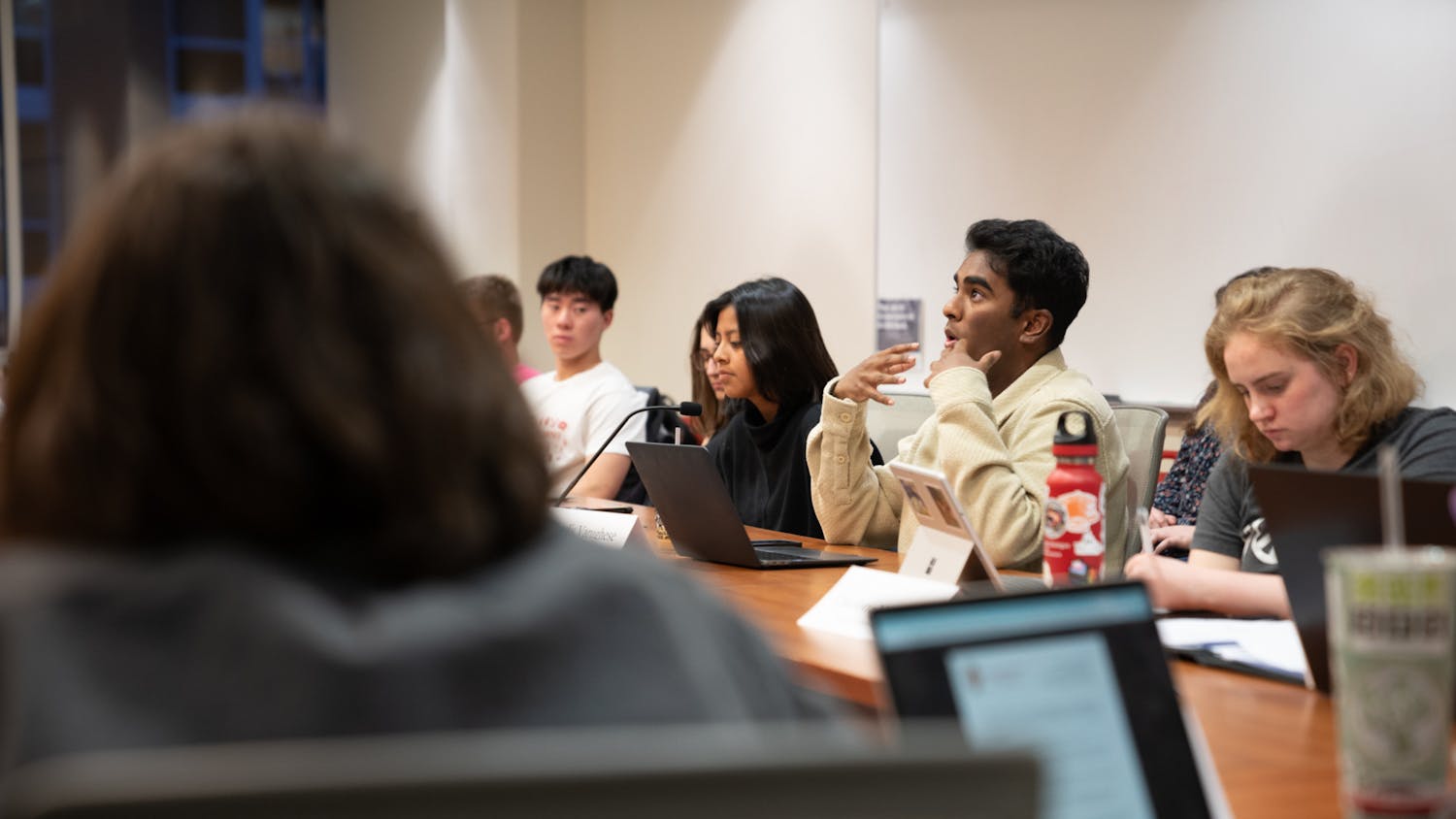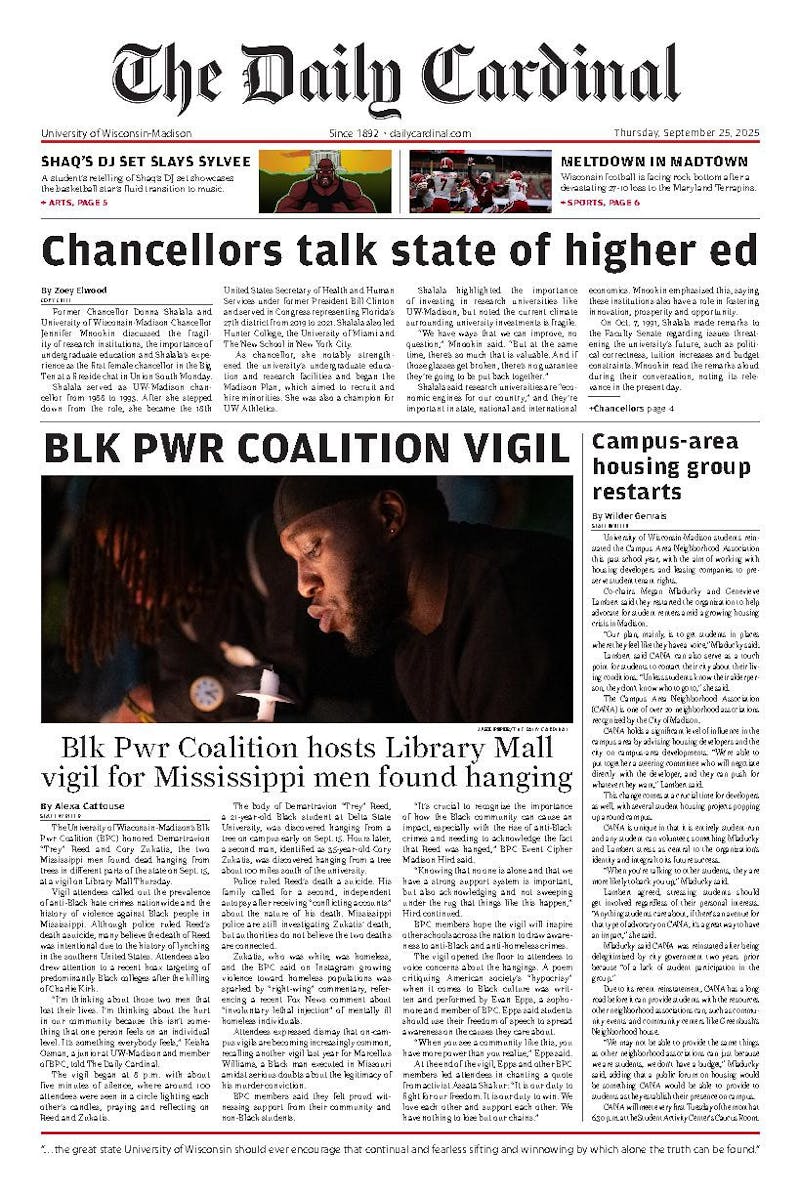From municipal to state and national governments, political organization has continually proven a capstone of efficiency, often characterizing and defining its leadership.
Although public opinion may hold that Republicans are organized machines, while Democrats are fly-by-their-pants hippies, such characterization may not accurately capture the complexities beneath, professors say.
According to Donald Downs, a UW-Madison political science professor, the organizational abilities of the political parties vary greatly.
'You compare the national Republican campaign during the 2004 election, and the Bush campaign was just vastly better run,' Downs said. '[At the national level] College Republicans, like the Republican party in general, tend to be much more organized,' Downs said he does not claim to know if this applies to UW-Madison.
In Badger territory, Downs said state politics bucks this trend. 'The Wisconsin state Republican party is not probably as good politically as some other state Republican parties,' Downs said. College Republicans have 1,300 members, according to Jordan Smith, UW-Madison senior and chair of the UW-Madison College Republicans. Conversely, Democrats have 2,300 members, though only about 600 to 700 stay consistently active, according to UW-Madison junior Brian Shactman, chair of the UW-Madison College Democrats.
In terms of structure, both have similar organization, complete with chair, vice chair and officer positions. At typical meetings, both have speakers from their respective parties and then address business. Each party has members working for campaigns or as interns in the Capitol.
And both say they are effective here on campus. 'People tell me they hear more about College Republicans now in the student papers and on campus than College Democrats,' said Smith.
'I would say there's a greater presence of College Democrats on campus,' Shactman said. '[College Republicans] may be getting their message out, but I don't see it resonating.'
Now more is at stake for College Republicans and College Democrats, as there is a potential for Wisconsin to shift red.
'Political controversy in the state in the past four years seems to have been substantially driven by Republican agendas,' said UW-Madison political science professor Charles Franklin. These agendas go against a history of progressive Wisconsin politics, Franklin said.
'Republicans have done a good job building ties to local organizations, such as Christian churches,' Franklin said. 'There's a pretty strong relationship between parents' attitudes and opinions, and their children's.'
'Apparently, Republicans are having more children than Democrats,' Downs said. 'The trouble is the kinds of issues that Republicans want to pursue are not necessarily the issues that have the best bit with people [from] 18-22,' Franklin said. Currently, state Democrats are making a concerted effort to stay connected to UW-Madison.
'The elected officials really trust college students in a way that I think is unique to Wisconsin,' Shactman said. 'I think campaigns recognize the importance of a place like Madison.'
Downs agreed. 'We're a pool of Democratic voters that can be drawn on,' he said. 'It may have helped Russ Feingold to win the election in 1998.'
'It's in the best interest of the university to be more open to some sort of contact with Republicans, especially given the tensions we have now between the university and the legislature over various issues,' Downs said.





